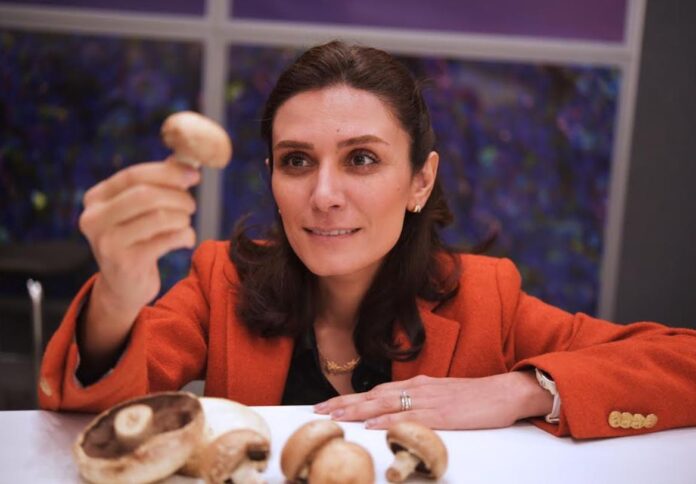
Researchers from the University of Queensland have collaborated with Scenic Rim Mushrooms to develop biodegradable “plastic” bags for use in mushroom farming.
The 12-month project seeks to create alternative grow bags that provide optimum growing conditions, while also breaking down in soil. The material could potentially open lucrative opportunities in packaging and manufacturing, the university said in a media release.
“Grow bags are widely used across the fungiculture industry, but most are made from non-biodegradable materials which can only be burned or sent to landfill. This adds to the 80,000-plus tonnes of plastic waste generated by Australian agriculture each year,” said Dr Masim Amiralian from UQ’s Australian Institute for Bioengineering and Nanotechnology.
According to Amiralian, existing biodegradable plastics made from corn starch, potato starch, or even the vegetative part of mushrooms called mycelium are often brittle and do not have long-term integrity.
However, fibres from agricultural waste like sugarcane are affordable and can be used to produce high-quality materials that can withstand high temperatures and humidity.
The grow bag project could also pave the way for the technology to be used in agriculture, manufacturing, pulping, and packaging, Amiralian added.
Matthew Davis, founder of Scenic Rim Mushrooms, said the company’s farming methods were all sustainable, except for the use of plastics.
“The fungiculture industry has traditionally had to use plastics for mass commercial production, but this project gives us hope,” Davis said. “It’s a problem that needs to be fixed for us to become completely cyclic mushroom growers, and proceed to large-volume commercial cultivation.”
The grow bags project has received a $30,000 Industry Kickstarter grant from the UQ Agri-Food Innovation Alliance, supported by the Australian Government’s Department of Education, Skills, and Employment under the Strategic University Refor.
“Ultimately we’d like to see the product we develop translated to the global fungiculture and packaging markets,” Dr Amiralian said.














